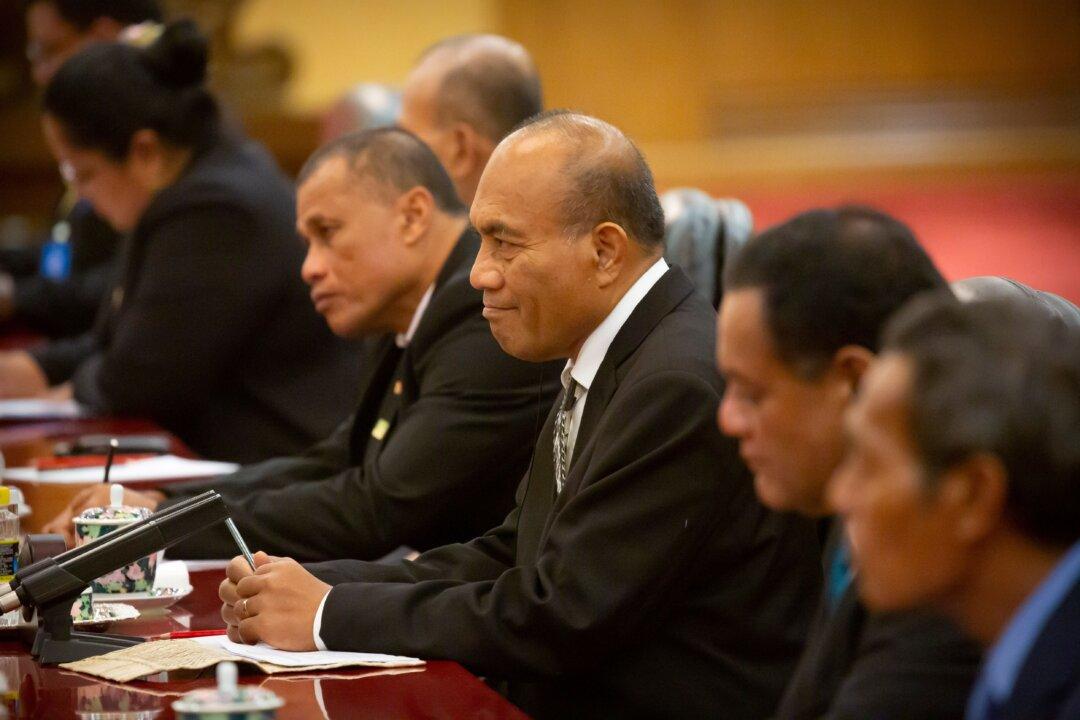The government of Kiribati has suspended another three judges—this time members of the Court of Appeal—after they blocked attempts to deport High Court Judge David Lambourne.
The situation plunges the small Pacific nation’s democracy into crisis, leaving it without a functioning Appeals and High Court, and continues a tumultuous few weeks for the South Pacific—already susceptible to influence from the regime in Beijing.





